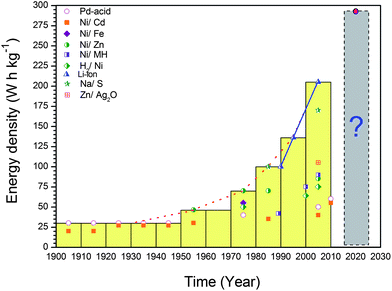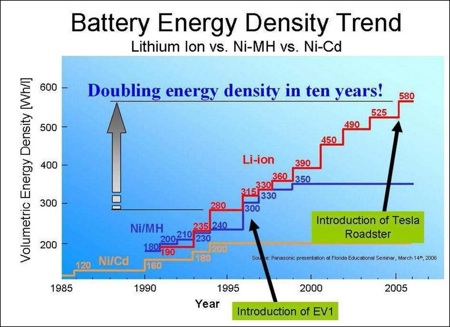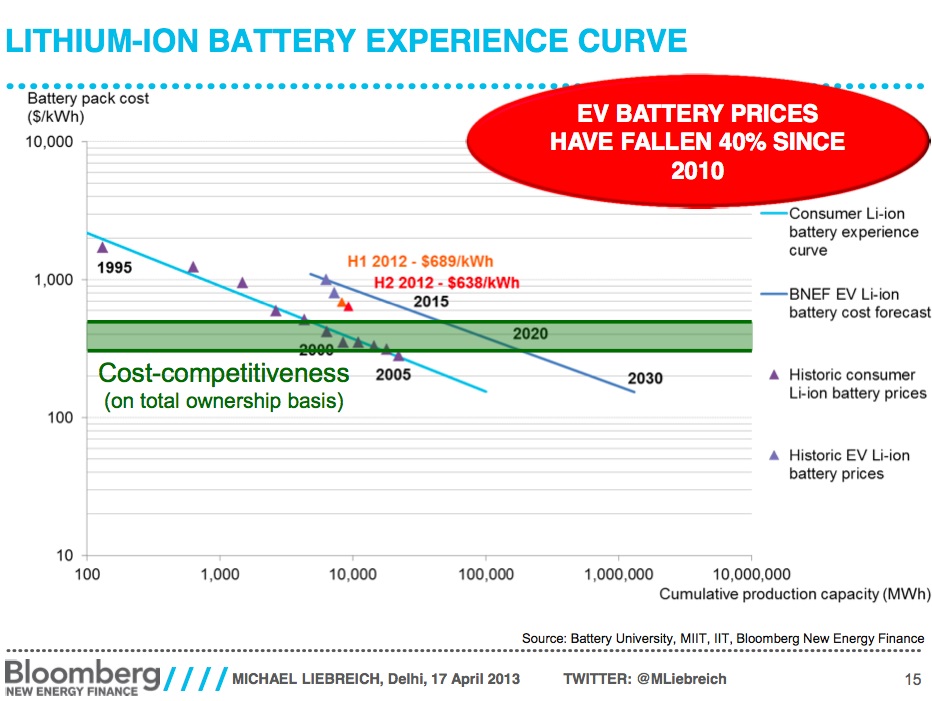"if the fossil fuels in question are so important for the national security why do we not keep them in the ground when the need is far greater?"
I agree, Firn.
For over 40 years the US has wished for/aimed at a reduction in oil imports. In numerous War College theses, etc we see military analysts arguing for energy independence, freedom from dependence on MIddle East oil, etc.
But surely it would make better sense in the long term to maintain a reasonably viable domestic oil (& gas) industry while relying on oil imports as well. USA and Canada need a domestic industry which is available, competent and ready to expand should something interfere with our regular supply of affordable imports.
But the degree to which we can deplete someone else's finite supply while preserving our own oil & gas reserves should be to our long-term benefit, one would think.
But we rarely hear this view expressed, even among military analysts.





 Reply With Quote
Reply With Quote

















Bookmarks